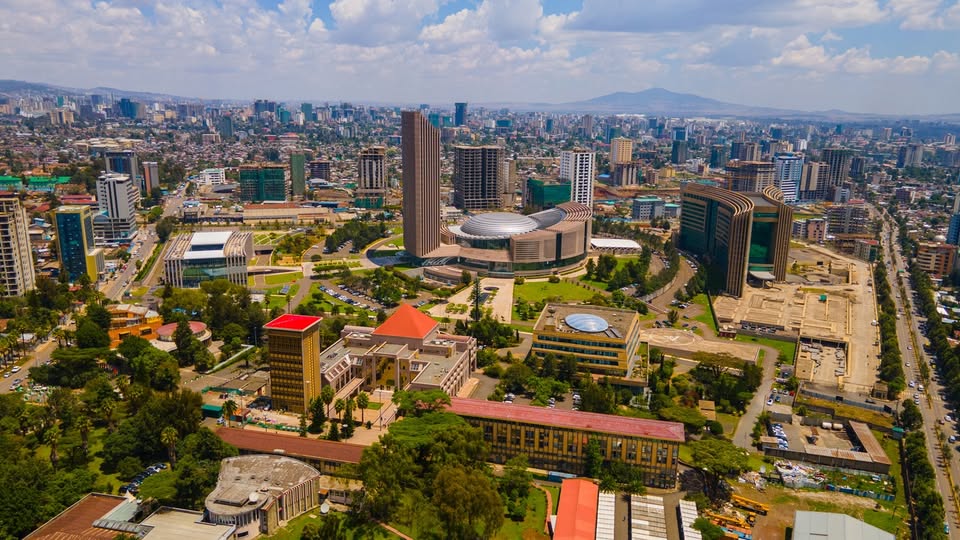IMF Approves $262M Disbursement to Ethiopia as Reform Momentum Builds
The Executive Board of the International Monetary Fund (IMF) has completed the third review under Ethiopia’s 48-month Extended Credit Facility (ECF), enabling an immediate disbursement of approximately US$262.3 million (SDR 191.7 million).
The funds will support the country’s balance of payments and fiscal needs, bringing total disbursements under the US$3.4 billion program to US$1.873 billion since its approval in July 2024.
The IMF commended Ethiopia’s strong performance in implementing its Homegrown Economic Reform Agenda (HGER), which focuses on restoring macroeconomic stability, stimulating private sector-led growth, and addressing structural weaknesses.
The Fund highlighted that all quantitative performance criteria were met, with overperformance in reserve accumulation driven by strong gold exports. Notably, there was no new borrowing from the National Bank of Ethiopia (NBE), no accumulation of arrears, and no non-concessional external debt.
The IMF welcomed Ethiopia’s recent foreign exchange market reforms, including steps to enhance transparency, ease restrictions, and reduce market costs. These efforts, combined with tighter monetary policy, are credited with helping to reduce inflation and improve foreign exchange availability. The authorities are expected to transition to an interest rate-based monetary policy framework, anchored by the NBE’s policy rate.
Fiscal reforms are also progressing. The government has begun phasing out fuel subsidies, enhancing social safety nets, and strengthening state-owned enterprises (SOEs). Revenue mobilization remains a priority, with plans to introduce income, excise, and property tax reforms. These measures are expected to boost the tax-to-GDP ratio, which remains one of the lowest in the region.
On the external front, Ethiopia is making efforts to restore debt sustainability. Progress has been made in negotiations with the Official Creditor Committee (OCC) under the G20 Common Framework, and the authorities are pursuing comparable terms with private creditors. These steps are critical to managing public debt, which is projected to decline steadily in the coming years.
Despite the positive outlook, the IMF warned of potential downside risks, including security concerns, climate shocks, and declining donor support. The Fund emphasized the need for continued reform momentum and societal support to consolidate gains and ensure inclusive economic growth. Enhancing governance, transparency, and the AML/CFT framework was also highlighted as essential for improving the business climate and investor confidence.
Real GDP growth for 2024/25 is projected at 7.2%, with inflation expected to fall to 16.6%, down from 26.6% in the previous year. Foreign exchange reserves are set to improve significantly, rising from 0.6 months of import coverage to over 3.5 months by 2028. Public debt is forecast to fall from 49.8% of GDP in 2024/25 to 34.5% by 2028/29.
The IMF encouraged continued efforts to develop Ethiopia’s domestic bond market, improve the efficiency of public spending, and implement reforms in SOE governance and financial oversight. Finalizing appointments to the NBE Board in line with the new legal framework will also help strengthen the central bank’s autonomy.
The next Article IV consultation with Ethiopia will be held in accordance with the IMF’s consultation cycle for countries with active Fund arrangements.


